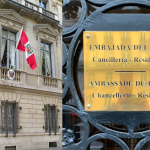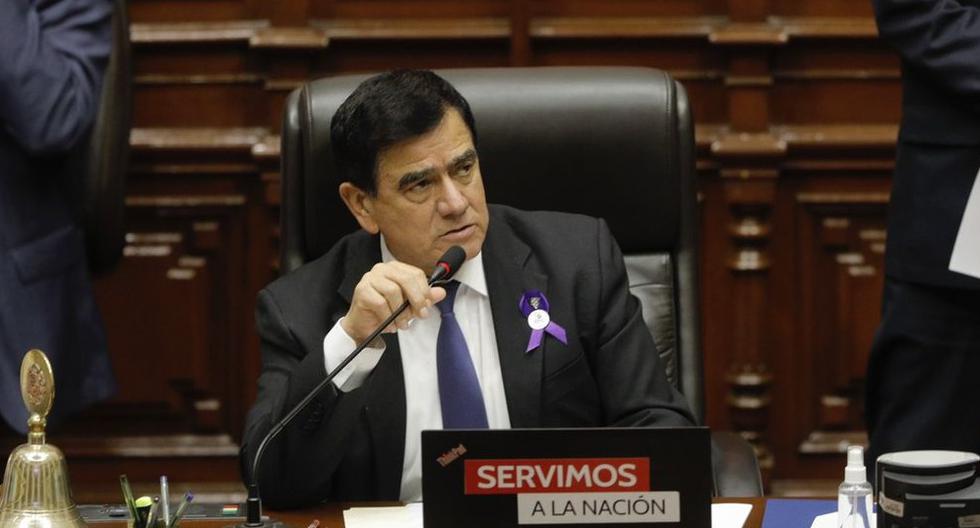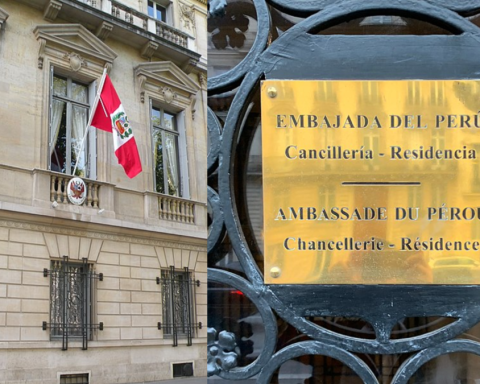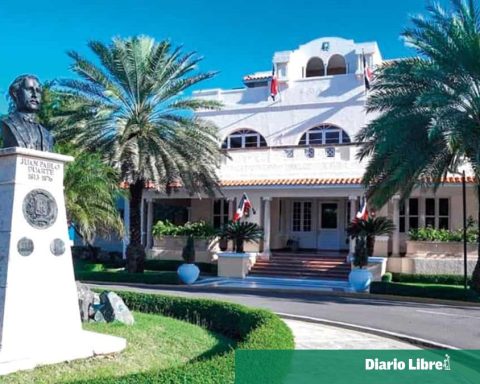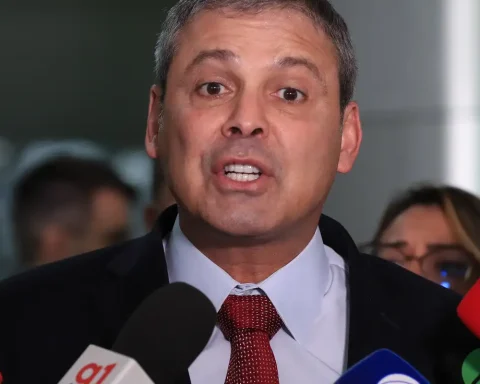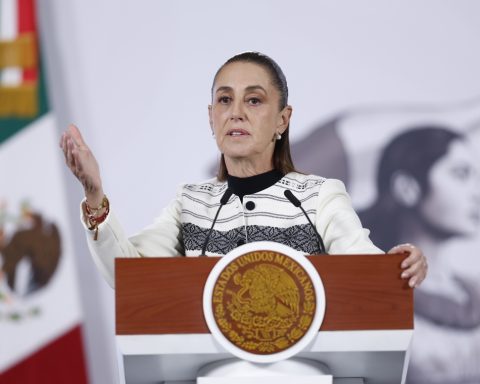Continuing with the “Water is a Right” campaign, Paraguay Now and the Citizen Observatory for Water, Sanitation and Hygiene (OCASH) held a new dialogue, this time focused on analyzing the institutional framework and governance of the Water and Sanitation sector. The objective of this meeting was to expose the main challenges, from the environmental and services perspective, in addition to making visible the diversity of alternatives that could guide a roadmap to guarantee universal access to quality and sustainable services.
In line with previous dialogues, important representatives of the water and sanitation sector participated on the occasion, both from the public sector and from cooperation organizations and civil society. “We want to highlight a problem that has been postponed for a long time, a whole history of lack of decision-making, lack of prioritization of the issue, lack of definition of a State policy and of clear and sufficiently efficient sectoral public policies to better address the problem. problematic”, indicated Carla Torreanifrom the Moisés Bertoni Foundation and representative of OCASH, at the opening of the dialogue.
For his part, Claudia Zapatini, also from OCASH, mentioned the challenge of prioritizing public institutions in water and sanitation management. For his part, Gustavo Rojas, a specialist on the matter from UNICEF Paraguay, presented the results of a work carried out in which they identified 4 threats to water, sanitation and hygiene in Paraguay: droughts, saline intrusion, floods and diseases.
The Vice Minister of the Technical Planning Secretariat, Adilio Insfranpresented a synthesis of what is established in the National Development Plan (PND 2030), approved in 2014. “The progress of these indicators will be exponential to the extent that we improve governance, technical and economic aspects, and also the challenges of management”.
The management of water and sanitation is shared by several instances in the public sphere, both from the central government and from local governments and even autonomous entities. And also, most of the water supply in the interior of the country is produced with community management, that is, neighborhood organizations. The head of the Directorate of Drinking Water and Sanitation (DAPSAN) of the Ministry of Public Works and Communications (MOPC), Hugo Ruiz, pointed out as a challenge the need to strengthen this sectoral governance to advance in universal and quality access. “We have reiterated in various forums the urgent need for this issue to be assumed mainly by the country’s political and decision-making class, in terms of the contribution of the necessary resources for its development and strengthening.” Regarding the regulatory function of the Sanitation Services Regulatory Entity (ERSSAN), its president Jorge Ojeda He commented that it is necessary to thoroughly review the data in terms of coverage. “Regarding the real information of the sector we have to start from scratch. Since 90% of the providers, approximately 6,000, do not exceed 200 users”.
Jose Silvero, Director of Water Resources of the Ministry of the Environment and Sustainable Development (MADES), recalled that this ministry is the enforcement authority of Law 3,239/07, on Paraguayan Water Resources, and announced progress in its regulation. “For the first time after 15 years of the law being in force, in this administration the importance of issuing a regulatory decree was given and when we have the set of regulations we will begin a process of communication and exchange of opinions and ideas.”
Gustavo Gonnelli, Specialist in Water and Sanitation of the Inter-American Development Bank (IDB), made an x-ray of the regulatory sector. “We have seen the complexity of the sector in Paraguay: there are too many organizations that have to do with the issue. There is duplication of responsibilities and that makes them not efficient. From the Bank’s perspective, it is also complex to develop investment programs because it is difficult to coordinate all the actors involved. I think that trying to make a new structure or something from scratch is impractical. What needs to be done is to strengthen the current structure. You have to rank it.”
For Claudia Crosa, former director of DAPSAN, “the big but is the standardization of the system, it is not that each one makes the systems with the specifications that occur to them and also, above all, a prioritization that can say where it is most necessary. For example, Itaipu and Yacyretá invest in water and sanitation, but they invest as they want, due to the political necessity of the moment. What would happen if there is a really strengthened conductor who has a decision?
Juanita Ayala, specialist in Water and Climate participated in this dialogue from the headquarters of the International Water Institute, in Stockholm. For her, in this global context of climate change, today more than ever the resilience of the sector must be promoted and a key factor is the strengthening and good governance of institutions. “When we are facing risks as big as pandemics, conflicts, climate change and so on, we need to get away from business as usual.”
From now on, the “Water is a Right” campaign enters a stage of approaching different candidacies for the general elections of April 2023 in order to include the issue of water and sanitation in the electoral debate.







